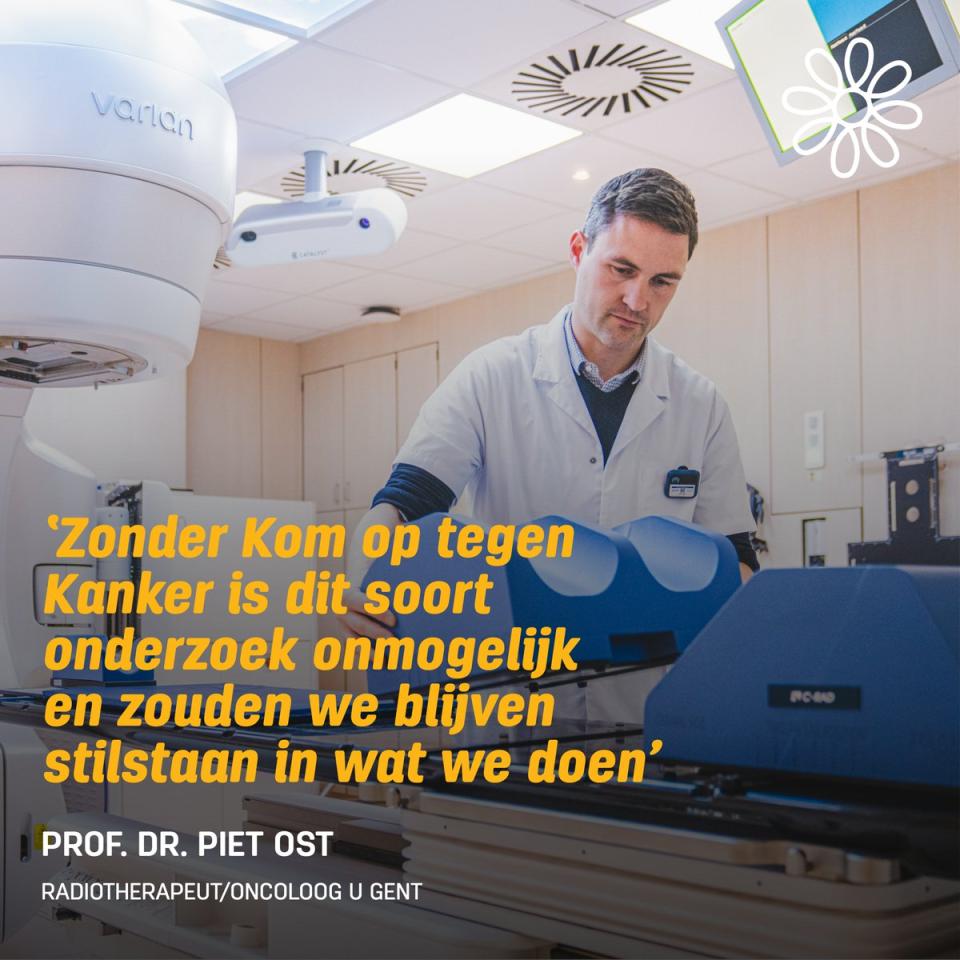New insights into metastatic prostate cancer
Most prostate cancers today are relatively treatable, but that is not always true for the 5-10% of prostate cancers that have already metastasized at the time of diagnosis. This is an aggressive form of the disease, known as ‘de novo metastatic prostate cancer’, and it is often lethal. De novo metastatic prostate cancer is very difficult for researchers to study, because the disease is typically treated with hormone therapy and chemotherapy instead of surgery, and there is not normally much cancer removed from the patient for physicians and scientists to analyze in a laboratory. This lack of cancer tissue has hindered the development of new strategies aimed at personalizing treatments for de novo metastatic prostate cancer.
To address this fundamental challenge, a team of Flemish and Canadian researchers, led by Prof. Piet Ost and Prof. Alex Wyatt, decided to study a rare set of over 600 cancer tissues that were obtained via surgery from patients with de novo metastatic prostate cancer during a clinical trial. They looked at different parts of each patient’s cancer, including within their prostate, their lymph nodes, and their blood, and performed experiments to study the changes in the cancer’s DNA (the cancer genome). As such, they assembled ‘cancer family trees’ and were able to identify the branches of each tree that gave rise to the most aggressive parts of the cancer that had spread from the prostate to other organs.
Surprisingly, the researchers saw evidence for multiple different cancer populations within the prostate of each patient, only some of which had spread beyond the prostate to colonize other parts of the body at initial diagnosis. The complexity of each patient’s cancer within the prostate was very high, making it very difficult to get an accurate understanding of the patient’s overall disease by merely analyzing a single prostate biopsy. Therefore, the team also tested a strategy for combining together multiple prostate biopsy samples. This approach was indeed able to give a more comprehensive picture of the disease. The analysis of different samples can thus allow a more targeted and personalized treatment with a higher success rate. The researchers published their results in Nature Cancer.
Eventually, the researchers hope to use liquid biopsies to map this heterogeneity. In a follow-up study called ProBio (supported by ‘Kom op tegen Kanker’), they are investigating this approach.
Prof. Piet Ost and Prof. Wyatt have been working closely together for many years, and their collaboration is also supported by CRIG's international thematic network ‘PrIOMIC’.
The results of their study were published in the renowned journal 'Nature Cancer'.
